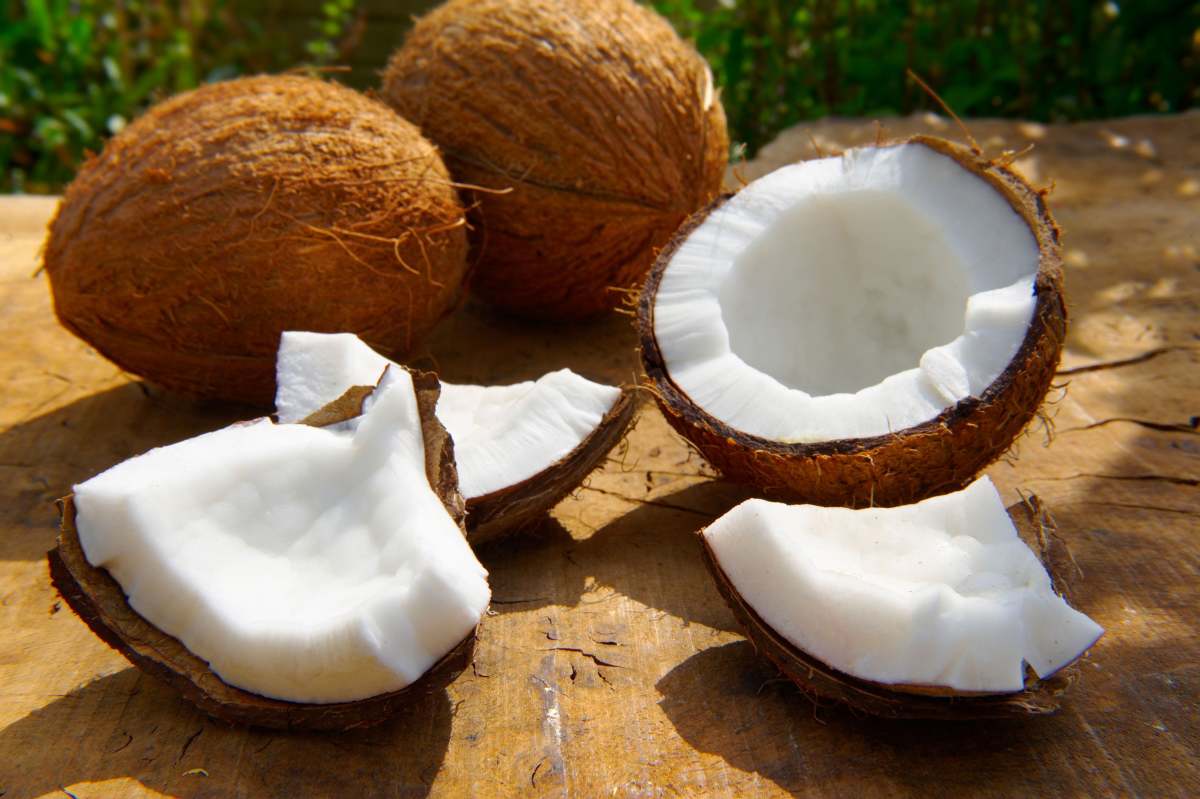Coconut oil has surged in popularity as a versatile beauty elixir, and many beauty enthusiasts are increasingly enamored with its application on wet hair. This natural wonder, derived from the flesh of coconuts, is not just a cooking ingredient but a holistic remedy celebrated for its therapeutic properties. Here, we delve into the manifold benefits of using coconut oil on damp hair, exploring how this age-old secret can transform your locks into a silken cascade of health and shine.
To embark on this hair-care journey, it’s essential to understand the different types of coconut oil available. The market is chiefly divided into three categories: virgin, refined, and fractionated coconut oil. Virgin coconut oil is extracted from fresh coconut meat, retaining most of its natural aroma and nutritional compounds. This form is often touted for its unrefined quality and is best used for a nourishing hair mask. Refined coconut oil, on the other hand, undergoes processing, which strips it of some beneficial properties but yields a neutral scent and higher smoke point—ideal for those who prefer a milder fragrance. Lastly, fractionated coconut oil, which is liquid at room temperature, is a lighter option that penetrates the hair shaft more easily, making it perfect for daily use without the heavy residue associated with traditional oils.
So, how does one effectively utilize coconut oil on wet hair? The key lies in timing and technique. After washing and conditioning your hair, gently wring out excess moisture. With a small amount of coconut oil—about a teaspoon or two depending on your hair length—rub it between your palms to warm it up. Apply it evenly, starting from the mid-lengths to the ends. Avoid the scalp, especially if your hair tends to be on the oilier side. This precise application promotes softness without making it greasy. Leave the oil on for at least 30 minutes, or ideally overnight, before rinsing it out with a mild shampoo.
The benefits of coconut oil on wet hair are abundant, and the results can be sheer magic. First and foremost, coconut oil acts as a potent moisturizer. Its saturated fats prevent protein loss, a significant contributor to hair damage. Regular application helps retain moisture, leaving hair resilient and elastic. This is especially beneficial for those with curly or frizzy hair, as coconut oil combats dryness that can lead to breakage.
Moreover, coconut oil boasts antimicrobial properties thanks to its lauric acid content. This unique characteristic makes it a formidable opponent against dandruff and other scalp irritations. By creating a protective barrier, it reduces the likelihood of fungal growth and helps maintain a healthy scalp environment, which is crucial for optimal hair growth. A soothed scalp can encourage fuller, healthier hair over time.
An additional boon of coconut oil usage is its ability to enhance shine and luster. The molecular structure of coconut oil enables it to penetrate the hair shaft, nourishing from within. This not only adds a brilliant sheen to your locks but also helps to detangle and soften hair, making it more manageable. This is particularly advantageous for those battling unruly strands or suffering from heat damage from styling tools.
One of the most captivating facets of coconut oil is its reparative nature. For individuals with color-treated or chemically treated hair, incorporating coconut oil into your hair care regimen can act as a protective shield against damage. The oil’s ability to form a barrier mitigates the effects of chemical processes, thereby prolonging hair color vibrancy and health. It’s like wrapping your hair in a protective cocoon—one that nurtures rather than harms.
Coconut oil is also incredibly versatile, allowing for experimentation with other natural ingredients. For instance, blending coconut oil with essential oils like rosemary or lavender can amplify its benefits, offering a delightful aromatherapy experience while promoting hair health. A few drops of these fragrant oils can further invigorate the scalp, encouraging stimulation and growth.
As with any beauty regimen, moderation is key. While coconut oil can work wonders for many, it may not suit everyone’s hair type. Fine hair, in particular, might find coconut oil heavy, leading to a greasy appearance. It’s advisable to assess how your hair reacts before fully committing to this treatment. If you desire a lighter feel, consider mixing coconut oil with a carrier oil, such as jojoba or argan oil, to achieve a customized concoction that suits your individual hair texture.
In the realm of beauty myths, one often encounters skepticism regarding the efficacy of using oils on wet hair. However, scientific studies support the notion that applying coconut oil to damp strands not only enhances moisture retention but also protects against heat damage. It acts as a safeguard against the daily wear and tear from environmental factors, styling, and product buildup.
In conclusion, coconut oil emerges as a formidable asset in hair care, particularly when applied to wet locks. Its ability to moisturize, protect, and restore sheer beauty is undeniable. From those longing for silky tresses to individuals battling dryness and damage, this tropical treasure offers a myriad of solutions. So, why not embrace this time-honored beauty secret? Unlock the potential of coconut oil and watch your hair flourish into an enviable mane of silk and shine, one application at a time.

